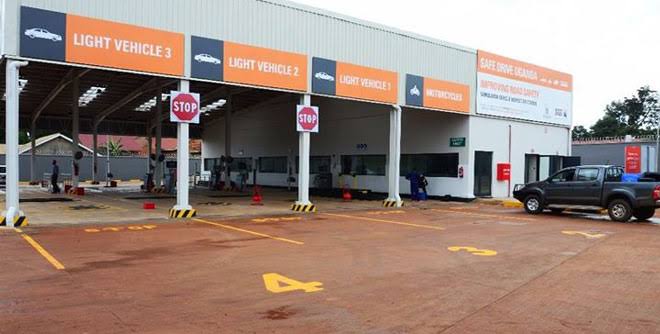
KAMPALA.
The government has again suspended the roll out of the mandatory motor vehicle inspection exercise that was scheduled to begin on July 1 .
Mr Allan Ssempebwa, the ministry’s senior communications officer says they want to first complete the ongoing stakeholder consultations and operational readiness concerns.
The announcement, made by the Ministry of Works and Transport, comes in the wake of public outcry over the controversial Automated Express Penalty System (EPS Auto), which was also temporarily suspended earlier last month following nationwide criticism and technical failures.
According to the new policy initially outlined by the Ministry, all motorists would be required to pay a mandatory vehicle inspection fee of Shs40,000 for small cars and taxis, while larger commercial vehicles were to pay higher rates.
The sudden suspension, however, marks a significant U-turn by the government, as officials now say more consultation with key stakeholders is required before final officer implementation.
Mr Ssempebwa said government would announce a new roll-out date in due course.
He clarified that the inspection programme is not cancelled but rather will be implemented in phases to ensure its effectiveness.
“We will keep the public updated when we are set. Our plan is to roll out with government vehicles first before extending the exercise to public service vans and private vehicles,” Mr Ssempebwa said.
He added: “The Ministry is currently focusing on ensuring all inspection centres across the country are adequately prepared, equipment is tested, and staff are trained, as we continue dialoguing with various transport sector players.”
The decision to halt the inspection exercise follows closely on the heels of the June 11 suspension of the EPS Auto system, an automated enforcement tool rolled out to issue instant traffic fines via vehicle registration plate recognition.
The EPS Auto programme was widely criticised for issuing erroneous fines, poor public sensitisation, technical errors, and enforcement in areas with unclear speed limits and insufficient signage.
The latest suspension provides room for broader stakeholder engagement and assessment of the readiness of inspection centres, many of which were previously managed by Société Générale de Surveillance (SGS) before the government took over operations.
Last month, Mr Kharim Kibuuka, the head of motor vehicle inspection at the ministry, said the government had finalised payments to SGS, a private company that had previously been conducting vehicle inspections at higher rates.
He said the new inspections will now be carried out at reduced fees, which range from Shs5,500 to Shs60,000, depending on the type of vehicle.